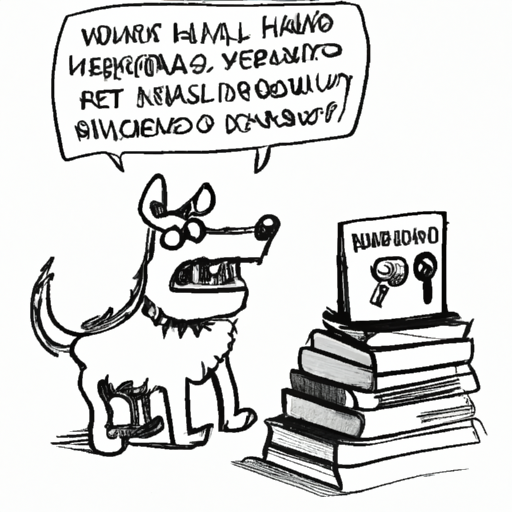Understanding Your Dog’s Behavior
Dogs, just like us humans, may exhibit certain behaviors that may seem odd to the untrained eye. One such behavior is teeth grinding, also known as bruxism. If you’ve ever caught your furry friend grinding their teeth, you may have found it disturbing or simply perplexing. But why do dogs grind their teeth, you may ask?
Recognizing the Signs of Bruxism
While it might not sound like your typical chew toy session, the sound of teeth grinding can be quite distinctive. Your dog might grind its teeth together, producing a sound that may remind you of nails on a chalkboard. Alternatively, you might notice:
- Excessive drooling
- Changes in eating habits
- Facial swelling
- Chattering jaws
The Causes Behind the Grinding
Understanding why your dog is grinding their teeth requires delving a bit into their health and environment. Here are some of the most common causes:
-
Dental Issues: Just like humans, dogs can suffer from dental issues, like misaligned teeth, gum disease, or oral trauma, which can lead to teeth grinding.
-
Stomach Ailments: Dogs may grind their teeth as a response to stomach pain or discomfort. This is often accompanied by other signs of digestive upset, such as vomiting or loss of appetite.
-
Stress or Anxiety: Dogs are sensitive creatures, and they can be affected by changes in their environment or routine.
| Potential Cause | Signs to Look For |
|---|---|
| Dental Problems | Bad breath, reluctance to eat, swollen gums |
| Stomach Issues | Vomiting, loss of appetite, lethargy |
| Stress or Anxiety | Changes in behavior, excessive panting, aggression |
What You Can Do to Help
The moment you notice your dog grinding their teeth, it’s essential to take action. Here are some steps you can take:
-
Schedule a Vet Visit: Your vet can conduct a thorough examination to identify any underlying health issues causing the bruxism.
-
Consider a Dental Check-up: If your vet suspects dental problems, they may refer you to a veterinary dentist for further evaluation.
-
Address Stress and Anxiety: If the grinding is stress-related, consider introducing calming activities into your dog’s routine, such as regular exercise, playtime, or even doggy yoga.
FAQs
Q: Can teeth grinding harm my dog?
A: Yes, continuous teeth grinding can lead to severe dental problems. It can wear down your dog’s teeth, leading to sensitivity and pain.
Q: How can I tell if my dog’s teeth grinding is serious?
A: If your dog’s teeth grinding is accompanied by other symptoms such as loss of appetite, excessive drooling, or behavioral changes, it’s time to consult a vet.
Q: What can I do to prevent my dog from grinding their teeth?
A: Regular dental check-ups, a balanced diet, and a stress-free environment can help prevent teeth grinding in dogs.



